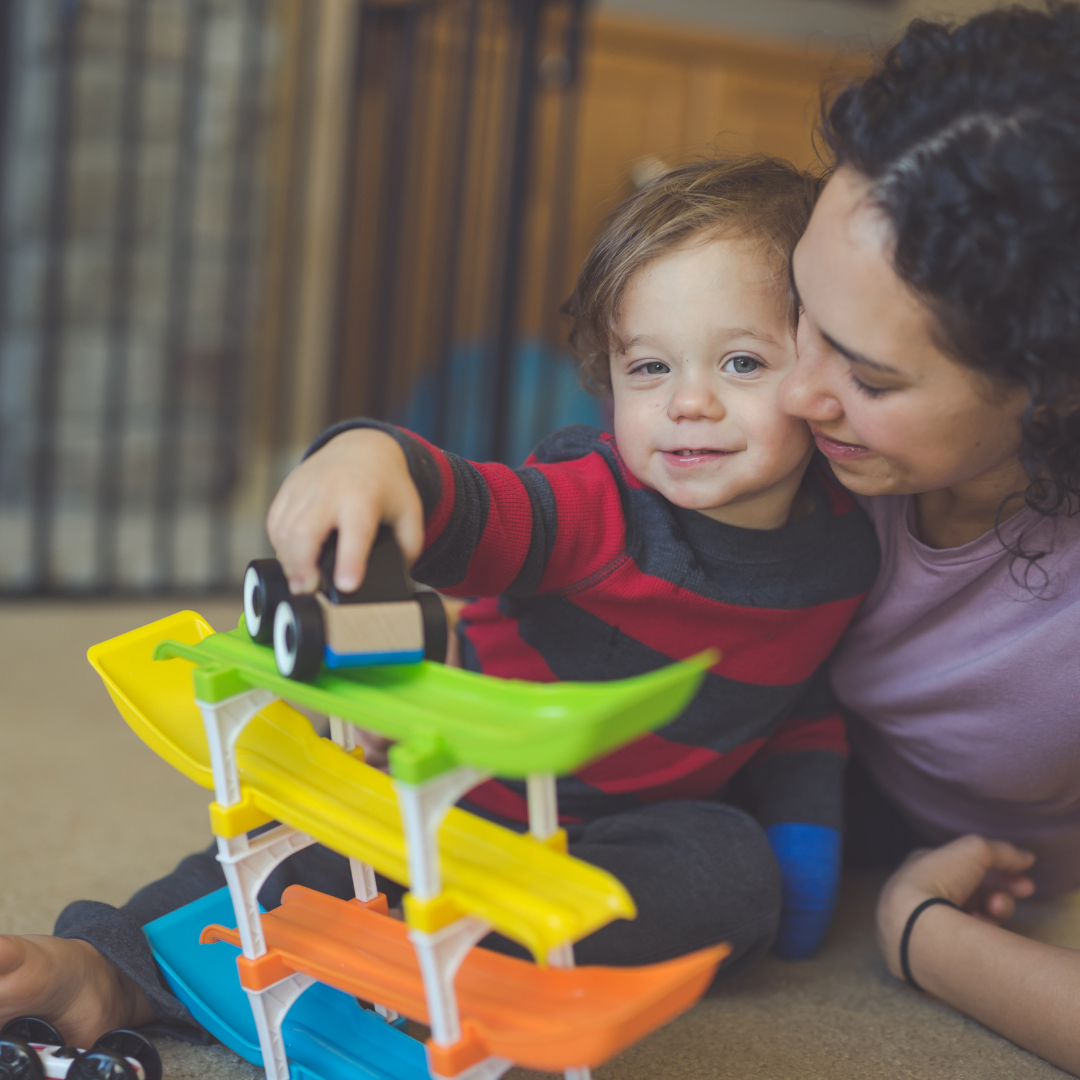Pediatrics
Pediatrics

Pediatricians provide medical care, monitor growth and development, and offer preventive healthcare services for pediatric conditions. Pediatric healthcare emphasizes the unique needs of young patients
Services

We provide comprehensive services such as blood investigations, blood pressure and blood sugar monitoring, ECG, vaccination, and urine examinations. Click here to learn more about our offerings.
Schedule Your appointment
Healthify me !
Healthy Habits for Happy Kids: Building a Foundation for Lifelong Well-being




Childhood is a crucial phase in shaping lifelong habits that profoundly impact overall well-being. As parents and caregivers, fostering healthy habits in kids lays the groundwork for a vibrant, happy, and resilient future. Here’s a guide to instilling habits that contribute to the holistic well-being of your little ones.
1. Nutrient-Rich Nutrition: Fueling Growing Bodies
A balanced and nutritious diet is the cornerstone of a child’s health. Encourage a variety of fruits, vegetables, whole grains, and lean proteins. Limit sugary snacks and beverages, opting for wholesome alternatives that support proper growth, brain development, and immune function.
2. Active Play Every Day: Nurturing Physical Fitness
Physical activity is not only essential for the development of strong muscles and bones but also contributes to cognitive and emotional well-being. Encourage active play through sports, outdoor activities, and games that make exercise a fun and integral part of daily life.
3. Consistent Sleep Routine: Recharging for Growth and Learning
Quality sleep is paramount for a child’s growth, development, and overall mood. Establish a consistent bedtime routine, ensuring that children get the recommended hours of sleep for their age. A well-rested child is better equipped to face the day with energy and enthusiasm.
4. Mindful Screen Time: Balancing Digital and Physical Worlds
In the digital age, it’s crucial to strike a balance between screen time and other activities. Set reasonable limits on device usage, encourage educational content, and prioritize face-to-face interactions. Creating a healthy relationship with screens promotes mental well-being and social skills.
5. Hygiene Habits: Building a Strong Defense Against Illness
Teaching proper hygiene practices from a young age is a valuable life skill. Instill habits such as regular handwashing, dental care, and maintaining cleanliness. These practices not only prevent the spread of illnesses but also contribute to a child’s sense of responsibility for their own health.
6. Emotional Resilience: Nurturing Positive Mental Health
Foster emotional resilience by creating an environment where children feel safe expressing their feelings. Encourage open communication, provide a supportive network, and teach coping mechanisms for stress or challenges. Building emotional intelligence lays the foundation for positive mental health.
7. Cultivate Lifelong Learning: Curiosity as a Constant Companion
Promote a love for learning by making it a joyful and ongoing experience. Read together, explore new hobbies, and engage in creative activities. Encouraging curiosity not only supports academic achievement but also nurtures a mindset of lifelong learning and adaptability.
8. Social Skills and Empathy: Seeds of Compassion and Connection
Help children develop strong social skills and empathy by fostering positive relationships and teaching the value of kindness. Encourage teamwork, sharing, and consideration for others. Building healthy social connections contributes to emotional well-being and a sense of belonging.
9. Time for Unstructured Play: Nourishing Imagination and Creativity
Allow time for unstructured play, where children can explore their creativity and imagination. Unstructured play fosters problem-solving skills, decision-making, and the development of a child’s unique personality.
10. Family Mealtime: A Time for Connection and Healthy Habits
Gather as a family for meals whenever possible. Family mealtime not only supports healthy eating habits but also provides an opportunity for bonding, communication, and the sharing of experiences.
In conclusion, instilling healthy habits in children goes beyond the immediate benefits; it sets the stage for a fulfilling and resilient future. By fostering habits that encompass physical, emotional, and social well-being, parents and caregivers empower their children to navigate life with confidence, joy, and a foundation for lifelong health.
